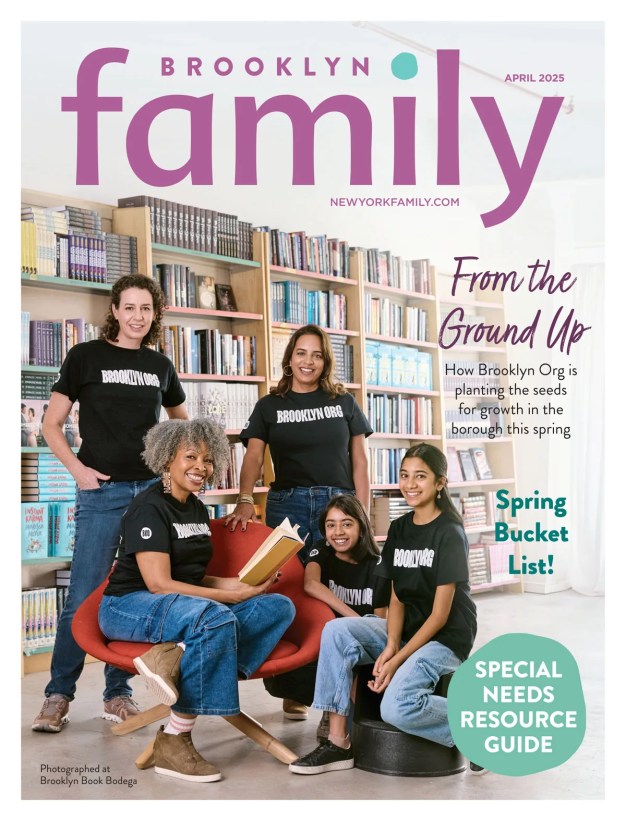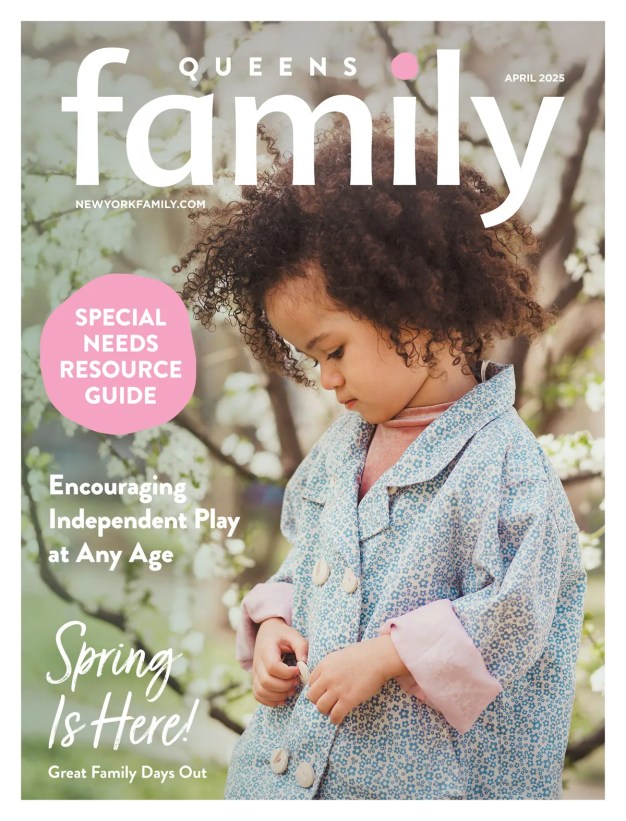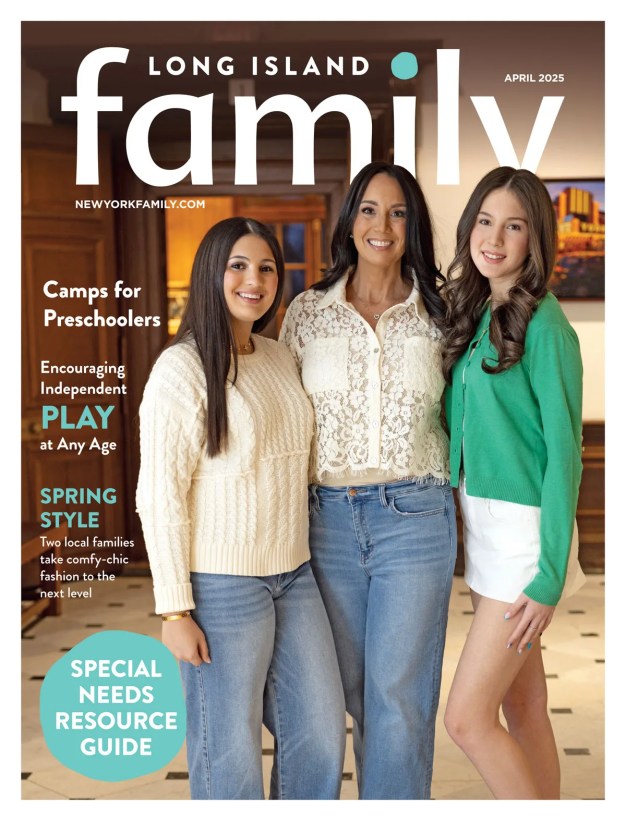 On occasion, I bribe my son with hotdogs. “If you come to the sushi place, you can eat hotdogs there,” I tell him.
On occasion, I bribe my son with hotdogs. “If you come to the sushi place, you can eat hotdogs there,” I tell him.
“How many?” He is open to it.
“Three.”
“I want four,” Henry counters.
Hotdogs are one of the few foods my 7-year-old son will eat. He is on the autism spectrum; his behavior is often rigid, and his demands mostly non-negotiable.
“Okay, four.” I have made eight. I put them in my bag and get everyone—my two daughters and my mother who’s visiting from Florida—out the door before he changes his mind.
If I thought the hotdog negotiations would ensure a peaceful dinner out, I would have been mistaken. There is one table Henry wants to sit at and it is reserved for someone else. Although there’s a table nearby, it will not do. I sense things are about to crack open.
I beg my mother to take the girls and sit down. Anywhere. Henry is now screaming. Two ladies at the
bar glance at us, then each other. Their looks of disgust are familiar. I look like a parent who cannot control her child. I am a parent who cannot control her child.
I plead, I bargain, I promise ice cream—anything to get him to leave with me or sit down quietly. After 10 minutes of screaming and crying, I convince him to try another table. But it’s not the table at which the girls are already seated;we will move everyone.
I glare at the women at the bar as we walk past. “He has autism,” I snap. “Sorry for the screaming.” This is a reminder to myself more than information for strangers. Yet, being a parent to a child with special needs shows me both the wide lens and limits of compassion.
Dinner is calm. The hotdogs are eaten before the rest of us order but there is, this time, no reason to leave before we’re all finished. Still, I’m embarrassed by the earlier scene and, even more, by my own response of shame and anger.
After nine years, I know there are no insignificant moments in parenting; my kids absorb every word, action, and nuance. Their relationships with gratitude and expectation are formed in large part in our family. I remind them to be thankful for all they have; we insist they do not get presents for birthdays other than from family. “It is wrong to waste food when children are starving,” I repeat when they walk away from another uneaten meal. When I tell the girls they cannot have sneakers that light up just because everyone else has them, the discussion ends.
I have a son, however, who experiences the world differently. He resists what he doesn’t like; and he’s all in on what excites him. “No” is rarely the end.
Two of Henry’s ongoing obsessions are ordering things online and receiving packages in the mail. The TV show “Teen Titans” is another. We spend one afternoon on Amazon scrolling through books. Henry knows the “Teen Titans” book he wants. It is $40.
There is no upcoming holiday or birthday, but I am torn. Responding to the emotions and demands of a child who prioritizes the world differently often looks like “spoiling,” and the struggle between avoiding a battle and teaching a lesson is constant.
I can refuse, but the book will remain on Henry’s mind. He will ask every five minutes if I will buy that book now. My attention will be grabbed again and again, and away from his sisters, who need me as well. I say “no” to Henry at home more than in public. Even so, the girls get upset and worried each time.
[gravityform id=”13″ title=”false” description=”false” ajax=”true”]
He has few friends at the moment; although he is funny and smart, he misinterprets responses and doesn’t always understand the rules of games or friendships. His sisters have play dates and sleep-overs, for which he is desperate. Henry’s books and toys and television shows are often, aside from family, his only company.
Once I give in, he doesn’t have to wait long for the book to arrive at our door, but during the days in between he starts each morning with: “When is my book coming? How many minutes is that?” When the book arrives, Henry lights up: “I didn’t expect it today!”
Later, Henry opens the door while I’m on the indoor cycling bike: “Mom, there’s something in this book that I
saw on the show!” I smile big at him. And then he opens the door once more, unable to contain his joy: “Mom? It means so much to me that this book came today.”
I tell my husband this when he returns from work. I don’t mention the $40 or how I struggle with whether to say “yes” or “no.” I don’t have to—he has been to the toy aisle with Henry enough times to witness the effects of each answer. And we both know the awe in watching a child—who desires strongly and simultaneously both friends and to be alone—overjoyed at sharing a little bit of his world.
For more of Wendy Bradford, a freelance writer and NYC mom of three, visit her blog, Mama One To Three, at mamaonetothree.com.





















